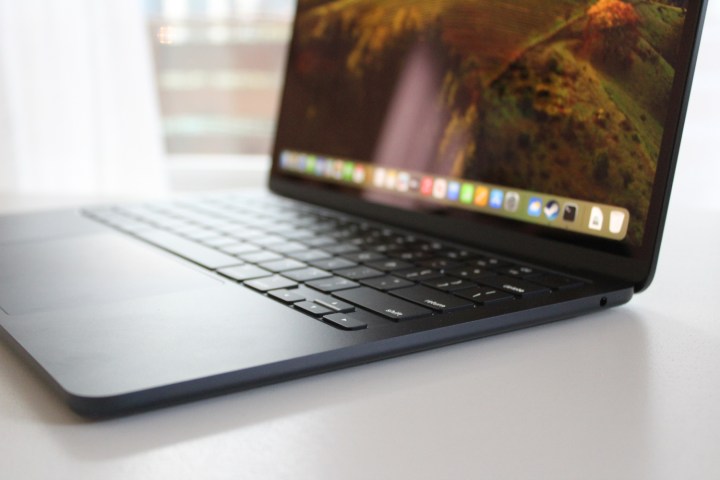
According to a new report from Bloomberg, Macs are about to get a serious revamp. Don’t expect a redesigned chassis or better displays, though. This new era is all about AI — betcha didn’t see that one coming.
Reporter Mark Gurman says that Apple is expected to refresh the entire lineup of Macs with M4 chips that “emphasize” AI capabilities starting in late 2024 and heading into 2025. It’s unknown whether this new emphasis is just marketing or will refer to a true technical change. Apple’s Neural Engine has been part of the Mac since 2020, when it was introduced in the M1 chip for the purpose of speeding up AI workloads.
This has become relevant in the past year with all the talk around neural processing units (NPUs) being included in the latest Intel and AMD chips. By that definition, Macs have been “AI PCs” for many years already.
But the war over AI performance in PCs is just heating up. Intel announced just this week that its next-gen mobile processor, Lunar Lake, will provide over 100 TOPS (trillion operations per second) of performance in AI workloads. The most impressive part is that apparently 45 of the 100 TOPS come from the NPU, as opposed to the CPU and GPU. As Tom’s Hardware notes, that’s three times the AI performance compared to the current generation of Intel chips. Importantly, Lunar Lake will be the first to meet the self-made requirement for next-gen AI PCs as defined by Intel itself.
We’ll have to see if Apple aims to meet that requirement in time to match Intel’s new chips, which are also rumored to debut in late 2024. The question of which laptops will get updated to the M4 first, however, seems a bit unclear. After all, the MacBook Air was updated with the M3 just last month, so that’s out of the question. With that in mind, it seems most likely that the M4 MacBook Pro could get an update in the fall, which would have to include the rollout of the M4 Pro and M4 Max as well. In the past, Apple has left a year and a half in between Mac chip launches, so this would represent a quickening of the pace.
Apple’s slow response to the surge of interest in generative AI is rumored to be addressed at WWDC, with reports that the company is either developing its own ChatGPT competitor or even considering licensing from Google. Either way, the company may finally unveil its plans for AI this year, and it may need some more serious hardware to support it.
This is all happening amid a return of growth in sales of PCs and the start of a decline for the Mac, which is a reversal of the trend of the past few years. Microsoft, Intel, and all their ecosystem partners are convinced that AI PCs will result in a surge of interest in updating PCs, and Apple is apparently looking more and more persuaded by the hypothesis too.

